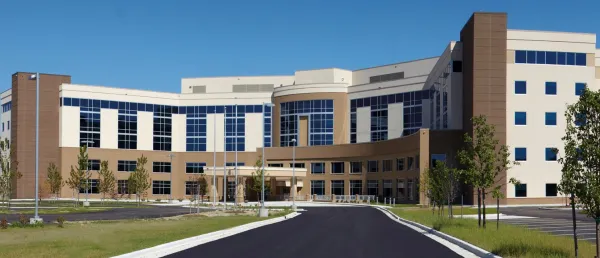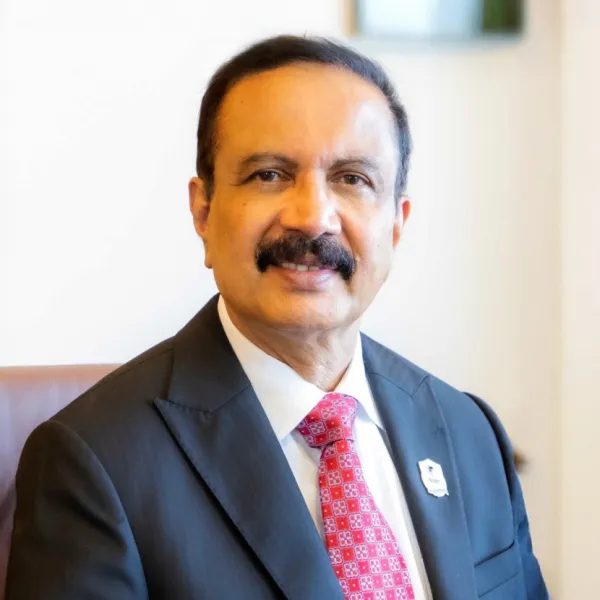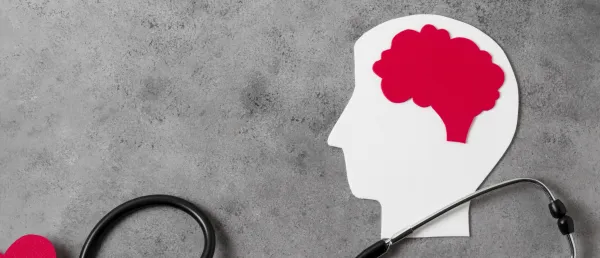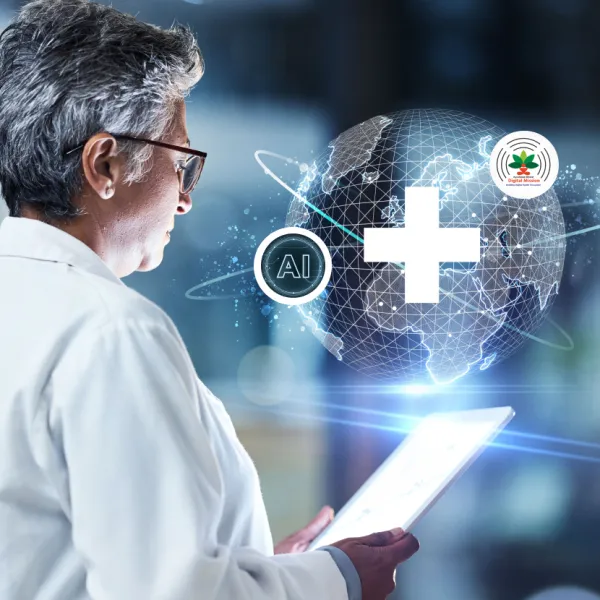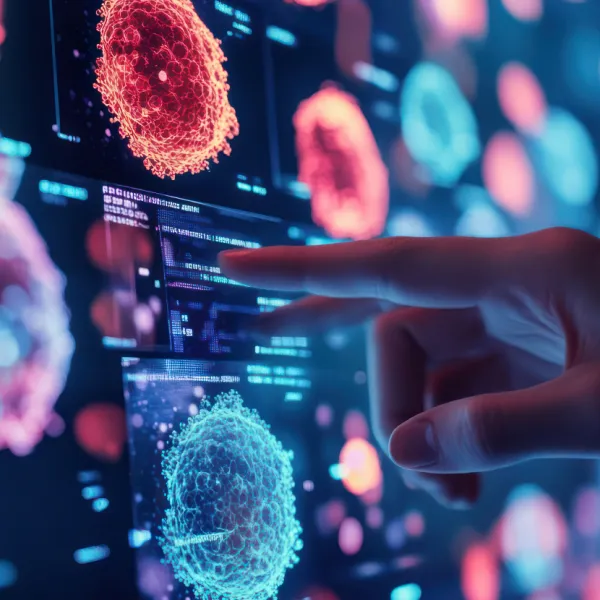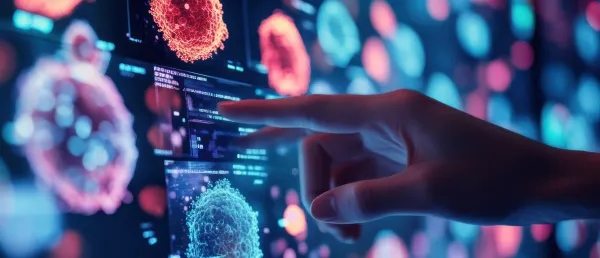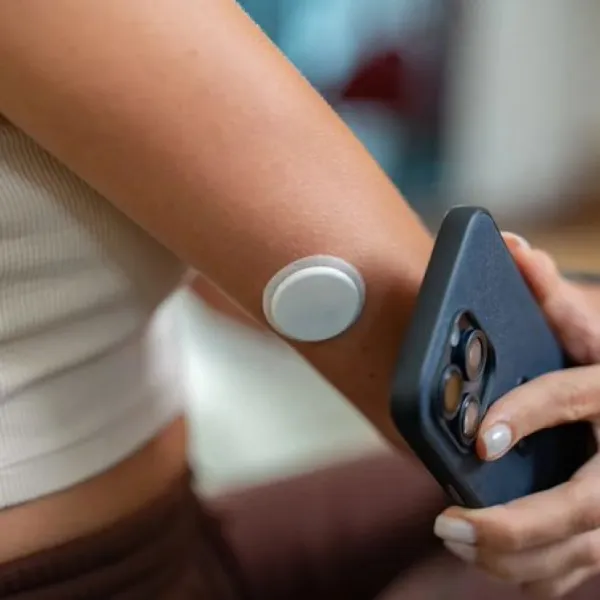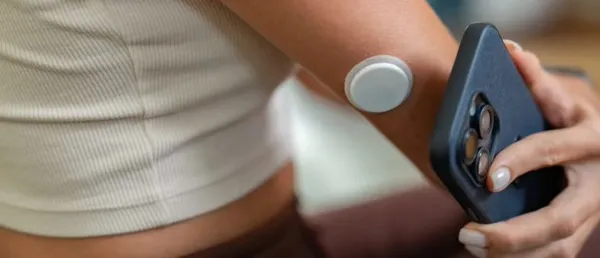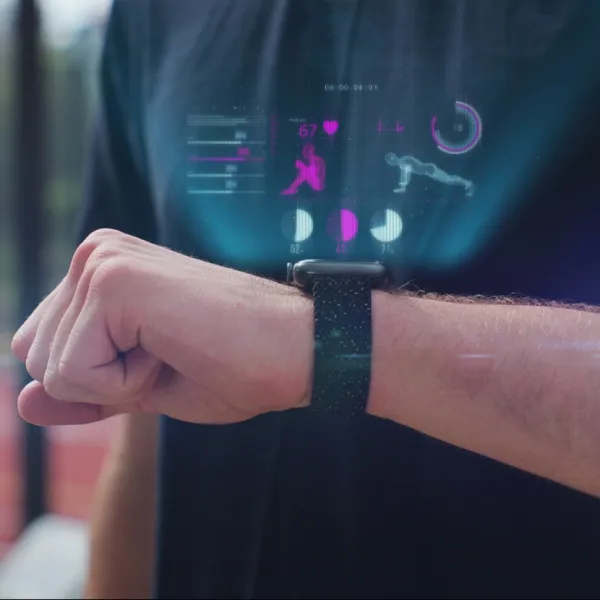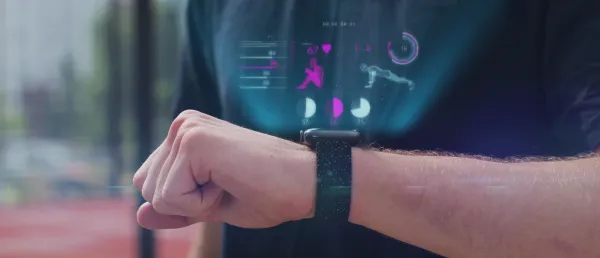IIT-Madras’ Brain Center Receives INR 41 Cr Grant from Fairfax Financial Founder

This substantial grant aims to further research on the human brain, specifically through advanced imaging technologies.
V Prem Watsa, the founder of Toronto-based Fairfax Financial Holdings and an alumnus of IIT-Madras, plans to inject a grant of INR 41 Cr to the IIT-Madras Sudha Gopalakrishnan Brain Center.
This substantial grant aims to further research on the human brain, specifically through advanced imaging technologies.
Commenting on the same, Watsa said, “The technology platform that the center has developed that generates high-resolution image volumes of human brains is unique.”
He highlighted the potential of this technology to enhance understanding of brain functions and contribute to finding solutions for complex brain diseases.
The Sudha Gopalakrishnan Brain Centre, launched to spearhead a global project to image the human brain at cellular levels, has developed a high-throughput histology pipeline.
This pipeline processes whole human brains into high-resolution digital images at a petabyte scale, offering detailed cellular-level insights across the entire brain. This data is essential for neuroscientific research and understanding brain disorders.
Facilitation by Indo-Canadian Cooperation
The donation was facilitated by the Canadian Friends of IIT-Madras (CFIITM), a registered charity with the Canadian Revenue Agency. The charity aims to advance the cause of IIT-Madras among its Canadian alumni and the broader Canadian society.
CFIITM directors Marthi Venkatesh Mannar and Partha Mohanram remarked on the importance of this donation for promoting Indo-Canadian cooperation in scientific research.
“We were very happy that this donation for cutting-edge work at IIT-M will also further the cause of Indo-Canadian cooperation,” they emphasized.
Mohanasankar Sivaprakasam, head of the Sudha Gopalakrishnan Brain Centre, also noted the potential impact of this grant on their research capabilities, particularly in expanding the human brain atlas project.
IIT Madras’s Recent Initiatives
In addition to advancements at the Brain Centre, IIT-Madras recently introduced India’s first 'medical device calibration facility on wheels.' This initiative, part of the 'Anaivarukkum IITM' (IITM for All) campaign, aims to improve healthcare accessibility and quality nationwide.
In another development, in February this year, researchers at (IIT Madras) and the Translational Health Science and Technology Institute (THSTI) collaborated to develop an India-specific AI model to precisely determine the age of a fetus during the second and third trimesters of pregnancy.
This initiative is part of the 'Interdisciplinary Group for Advanced Research on Birth Outcomes – DBT India Initiative' (GARBH-Ini) program.
Additionally, IIT Madras researchers initiated the #Right2Face project, providing 3D-printed face implants to Black Fungus patients. This severe condition, reported in COVID-19 patients and those with certain medical conditions, received aid through approximately 50 custom implants for economically weaker sections.
Stay tuned for more such updates on Digital Health News








